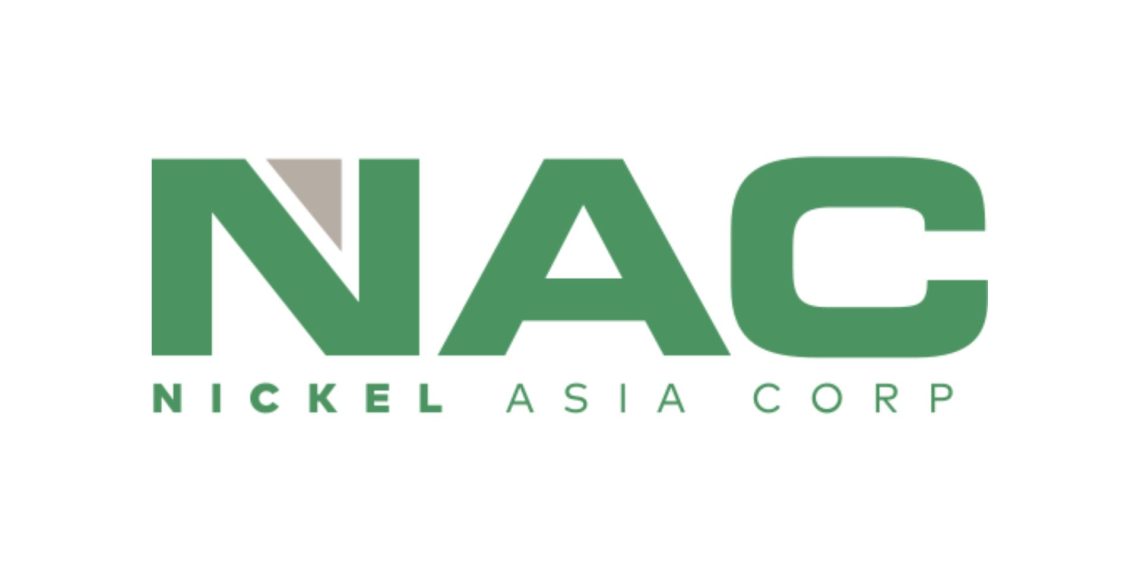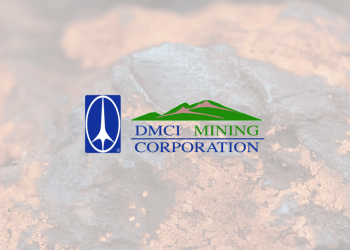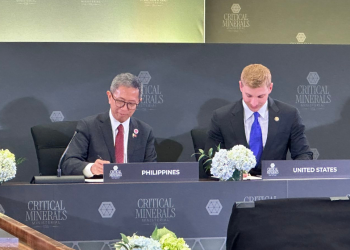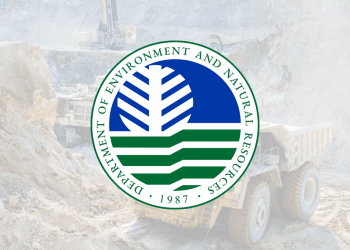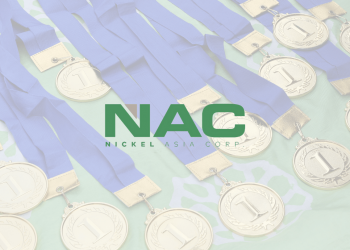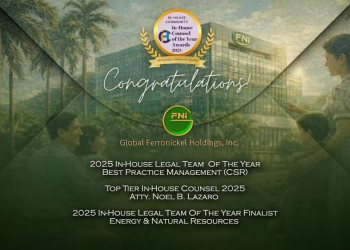Nickel Asia Corp. (NAC) is positive about the prospects of its nickel and renewable energy (RE) businesses, driven by the global push for sustainable and environmentally friendly development.
During the recent stockholders’ meeting, NAC president Martin Antonio Zamora expressed anticipation of a medium-term surplus in nickel production, while also highlighting the promising outlook fueled by the demand for electric vehicles (EVs).
“The future of nickel looks encouraging. While there is projected surplus up to 2026, 2027 due to the strong supply growth of nickel production in Indonesia, the hyper-growth of EVs is projected to put a strain on the nickel market by 2027, 2028,” Zamora said.
He added that the electric vehicle (EV) industry is expected to consume approximately 1.3 million tons of nickel by the year 2030.
Due to the global push for net zero objectives, NAC envisions a widespread adoption of electric vehicles (EVs).
Zamora stated that this validates the growing significance of nickel during this period. He expects nickel-rich batteries to dominate the EV market due to their higher quality, including higher energy density, greater storage capacity, and cost-effectiveness.
NAC is the largest producer of lateritic nickel ore in the Philippines and is among the world’s largest producers.
Meanwhile, NAC, through its subsidiary Emerging Power Inc. (EPI), is actively expanding its renewable energy (RE) presence and aims to double its one-gigawatt (GW) capacity goal by 2028.
The company looks to establish a total capacity of one gigawatt (GW) for onshore solar, onshore wind, and battery storage by 2028, with the possibility of expanding it by an additional two GW after 2028.
In order to achieve its target for 2028, Zamora stated that EPI has obtained a long-term land lease agreement with Subic Bay Metropolitan Authority (SBMA) for the development of a 130-megawatt peak (MWp) solar plant.
Meanwhile, Green Light Renewables Holdings Inc., a joint venture between EPI and Shell Overseas Investments B.V., will launch its first project in the second half of the year.
The company, with 60% ownership by EPI and 40% by Shell, focuses on utility-scale onshore solar and wind power generation projects, as well as battery energy storage systems in the Philippines.



